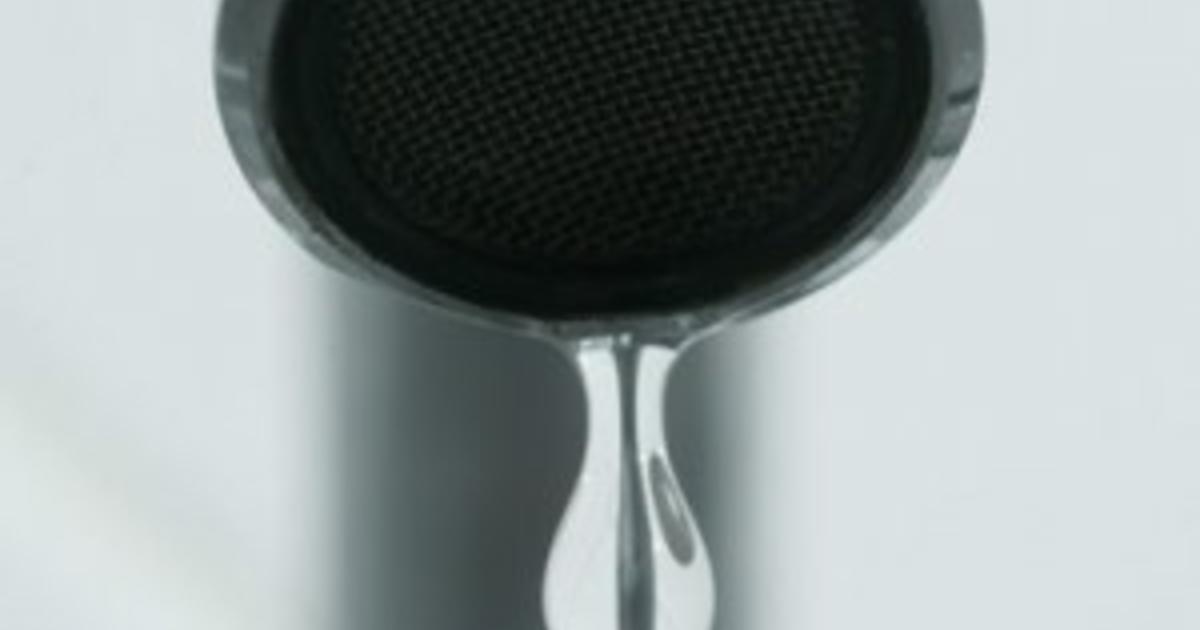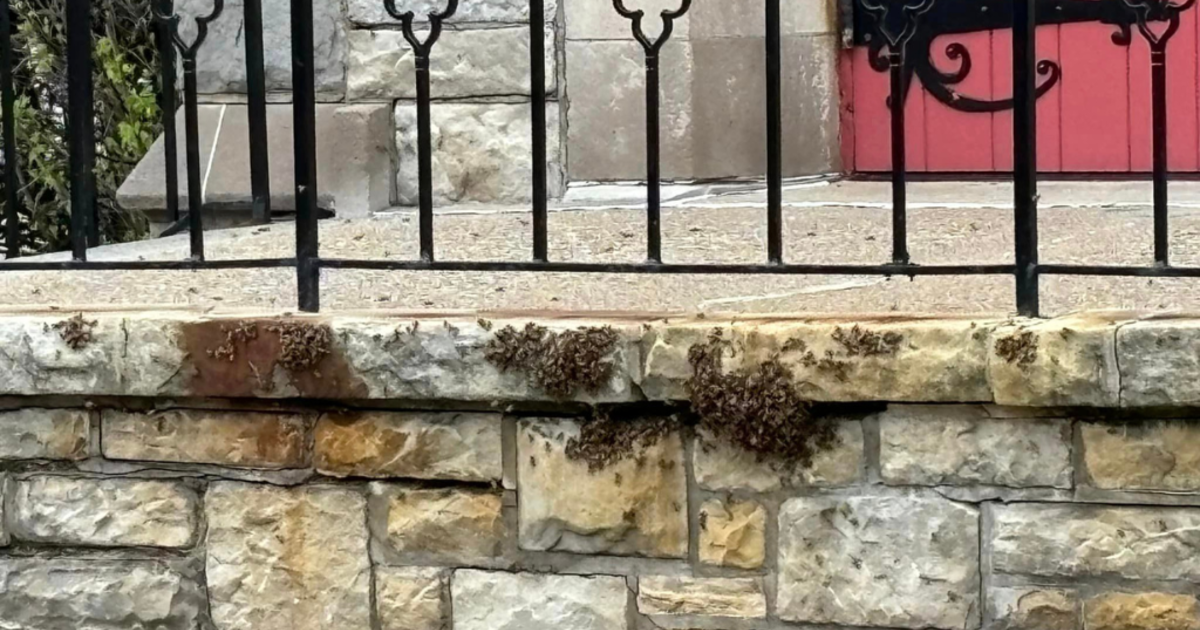New Implantable Device Helping Sleep Apnea Patients
PITTSBURGH (KDKA) -- Machines that you strap on at night, appliances you wear in your mouth, even surgeries to remove throat tissue -- all measures people have resorted to because of sleep apnea.
Kathy Gaberson has sleep apnea, which left her sleepy and forgetful during the day. The snoring and other symptoms even kept her husband awake.
"I would wake up, and he would be leaning over me, with eyes wide open, and I would say, 'What?' And he said, 'You're not breathing.' Well, you are now, but you weren't," said Gaberson.
She used the strapped-on pressure machine, or CPAP, for years. But it hurt her nose, made turning in bed more complicated, and was hard to travel with.
She saw an ad for a study at UPMC, an alternative for people who have had trouble putting up with CPAP.
Researchers were studying an implanted device to keep the airway open. It stimulates the nerve to the tongue.
More than 100 people participated, mostly men, average age 57.
The device is put in surgically in the upper chest with sensors for breathing and a stimulator wire to the tongue. This is activated by the person at night with a remote.
After a multi-step evaluation, Kathy qualified for the study. In fact, based on a test that looked at her throat during sleep, she was ideal.
"My tongue moved back and blocked my airway," she says.
The device keeps the tongue out of the throat. This is timed with breathing.
"If you close your mouth, and try to stick out your tongue, that's what it feels like. These muscles here contract," she says.
With the device, episodes of apnea, or breathing stoppages, go down 70 percent. It is not yet FDA approved and widely available to patients.
It was a one-day procedure. She had very little pain, and was back to her usual activity days later with only a lifting restriction.
Listen to Dr. Ryan Sooze talk about the device on NewsRadio 1020 KDKA:
Dr. Ryan Soose
She is disappointed she had to have the device removed because of an unrelated bloodstream infection, and she's back to using CPAP.
"I was not falling asleep during the day. My memory improved. I felt much more energetic," she says. "It gave me a better sleep quality than the CPAP ever did."
The study, funded by the device-maker, is in this week's New England Journal of Medicine.
RELATED LINKS:
More Health News
More Reports by Dr. Maria Simbra



